While we’ve blogged before about repairing damage to concrete, this week we’re going deeper! What causes damaged concrete? And what can even destroy it?
Damage to concrete comes in many forms
First, you can usually visually assess the damage. This is how you’ll later determine the cause. Here are a few possible types of problems:
- Breakdown of the concrete reinforcement, like steel or rebar corrosion, exposing the metal or deterioration on the surface
- Lack of rebar or reinforcing materials causing cracks
- Weather disintegration, as when concrete freezes and thaws too quickly, leading to discoloration or worse surface issues
- High structural burden
- Delamination or “blisters” on the surface
- Low-quality materials visibly deteriorating
- Alkali-aggregate, alkali-carbonate, or alkali-silicate reaction with cracks that look like the inside of an anthill on the surface
Different types of surface, color, and crack types mean different levels of severity
Unless you’re a professional, it’s hard to make a call about the real issue from the surface alone. But it’s good to gather as much information as you can! When it comes to load-bearing concrete, however, we must always recommend that you do seek professional work. Your safety should always be the first priority.
So, what happened there?
“What happened to my seamless concrete patio?!” he asks.
“Why are my once-beautiful front steps crumbling?!” she wonders.
While you really ought to take any advice off the internet with a grain of sand, it often is a matter of one or several of the following:
- Low-quality concrete or admixture (cheap materials!)
- Sealing the concrete too quickly after laying it; unprofessional workmanship
- Placing too much weight on under-supported concrete work
- Failure to acclimate concrete to weather conditions over time
- Contraindicated chemical interaction (AAR, ACR, or ASR)
Now that it’s summertime, we know a lot of people are hoping to work on those home projects! If you have questions or would like to place an order, please contact us at Elston Materials — your Chicago construction and masonry supply house.


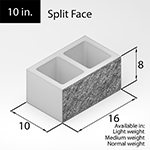
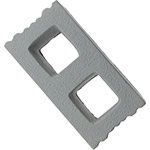
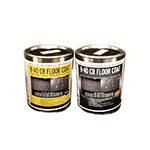
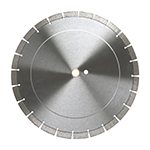

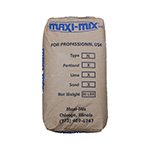


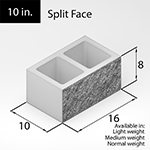







Pingback: midget dating sites free browse
Pingback: how to eat keto
Pingback: tamoxifen 5 mg
Pingback: lumigan 0.03
Pingback: monupiravir
Pingback: zanaflex cost
Pingback: clomid cost uk
Pingback: How Are Concrete Columns Made? – Pietroortolani
Pingback: 2pocketbook
Pingback: 2surgeon